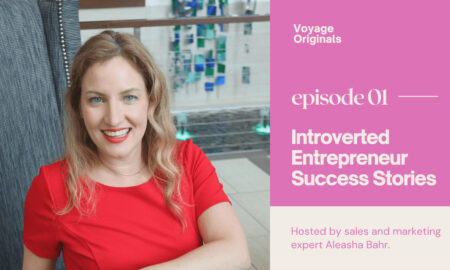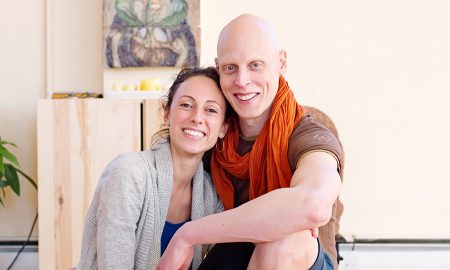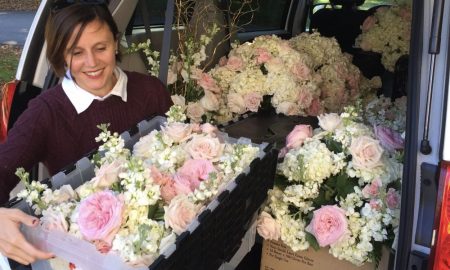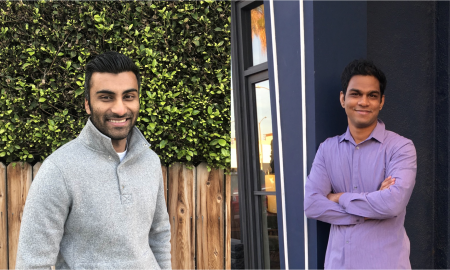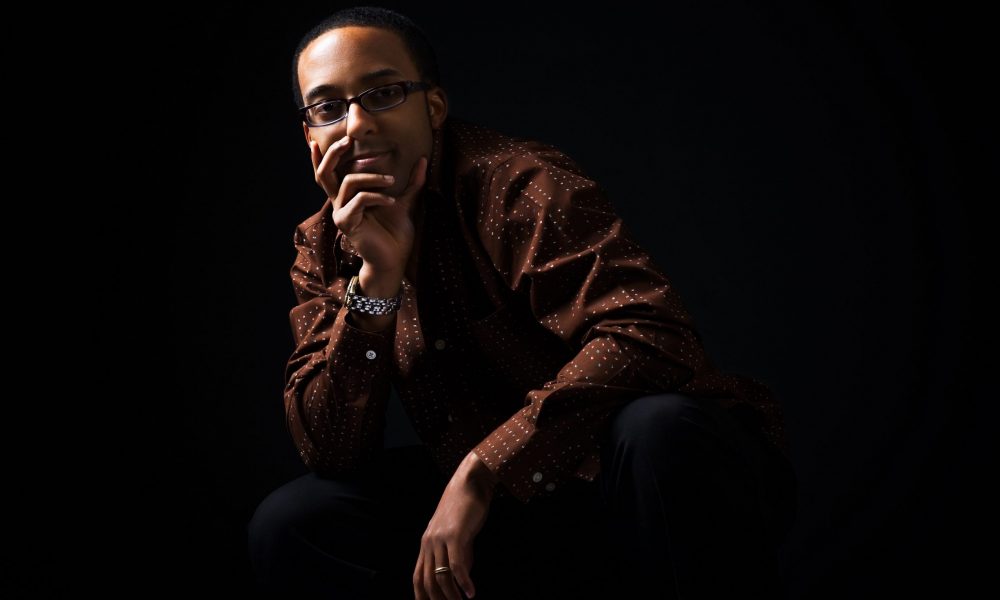

Today we’d like to introduce you to Kevin Harris.
So, before we jump into specific questions about the business, why don’t you give us some details about you and your story.
My earliest musical influences were the soulful aspects of a black gospel upbringing in Greater Liberty Baptist Church in Lexington, Kentucky. My own personal evolution as an artist/pianist/and human being begins there. On any given day in my house as a child one could experience the caressing tones of my mother singing the likes of Patti Labelle, Shirley Caeser, Ray Charles, Frank Sinatra, black spirituals, and the occasional show tune. In retrospect, her voice was probably a more informative jukebox than our record player. My father loved Nina Simone and all the “down home blues artists” as my mother would describe it. My brother played the sax and the drums, was a gifted visual artist, and although three years younger, a math wiz (who often helped me with my homework)
Upon starting middle school, my father passed away and in many ways, art became a solace for me and my brother. Music for me and visual arts for him (not to mentioned the pursuance of several styles of martial arts practice and competition)
Charles Little was and continues to be one of Lexington’s finest black gospel pianists with a strong classical background. I would continue to play my first instrument, the trumpet, in his concert band but he would also be my first piano teacher. Half of our lessons consisted of learning to read piano music (of which I was somewhat stubborn) and the other was ear training of which he would record melodies and harmonies for me on a cassette tape and I would have to learn them before our next lesson. What a wonderful introduction to falling in love with the piano.
In 1993, I began my undergraduate studies at Morehead State University. I pursued a music education degree with a K-12 instrumental/choral emphasis. Pianist/professor, Jay Flippin would introduce me to the uniquely vast commonalities that classical music and jazz had/have in common… He would teach me that Bach, Beethoven, Bird (Charlie Parker), Herbie Hancock, Bill Evans, Thelonious Monk, and Miles Davis were/are all excellent improvisers/composers that learned the rules and traditions of their craft. But more importantly, after learning those traditions very well, those same musical giants broke those rules to create dramatically new styles.
In 1998, I began the graduate jazz piano performance program at the New England Conservatory. I would study with truly inspirational musicians/educators such as Allen Chase, Cecil McBee, Michael Cain, Fred Hersch, and Danilo Perez, all of whom would have a profound impact on my development and perspective as an artist and human being.
In October 2000, I married my best friend, Luisa Harris and as iron sharpens iron, we continue to keep each other sharp to this very day.
I did not work a lot as a jazz pianist when I graduated the New England Conservatory of Music but I do remember deciding that I wanted to work as a pianist and educator for a living so I played all types of gigs while starting over six concert band programs in the Boston area. From the Boston jazz scene, I grew as a pianist of which I am particularly grateful for years of listening and eventual playing at Wally’s Jazz Club, a historical landmark established in 1947.
In 2011, I was hired as a professor in the piano department at Berklee College of Music in Boston, MA. I also started to spend time in New York City working more as a band leader and sideman. In 2012 my wife and I decided to move. With continued weekly commutes to and from Boston, established New York jazz artists such as Greg Osby, Francisco Mela, Marianne Solivan, and Aaron Goldberg were always willing to give me suggestions in regards to acclimating to the New York jazz scene. I learned so much! Jazz Clubs such as the Fat Cat, the Village Vanguard, Zinc Bar, and the 55 Bar became my “extended classrooms” and clubs such as Smalls and Mezzrow became my “jazz home away from home.” The level of musicianship and camaraderie left an indelible impression on me that will never be forgotten.
From the fall/winter of 2017 up until the time I am taking part in this interview (early March 2018) I’ve found myself traveling internationally as a performing jazz pianist and educator more than working in New York or Boston. Since December of 2017 alone, I have toured China, South Korea, Panama, and Israel. In two weeks I will be doing a midwest tour of Detroit, Chicago, Cleveland, Cincinnati, Louisville, and my home town of Lexington, KY. In April I will be playing at the Lima Jazz Festival in Peru and in the summer I will most likely return to China and Italy.
Has it been a smooth road?
Musically speaking, I consider myself quite fortunate. Like the Galapagos Island turtle, I’ve taken things slow and tried to grow with patience. In 2011, a pinched nerve in my back caused me to lose a lot of strength in my left hand. One can only imagine how scary this must have been as a pianist. Through physical rehabilitation, I was able to gain 80% of the strength back in my hand but also had to relearn how to play the piano…Danilo Perez suggested I study this re-learning process with Edna Golandsky, who played a big part of my recovery.
We’d love to hear more about your business.
In my experience, a typical Kevin Harris Project performance could be a concert of jazz trio repertoire from the American songbook or a more daring collaboration between poets and dancers in Israel, visual artists in Chongqing, China, or students and professors who improvise on their laptops in Istanbul. Curiosity and courage…. These are the cornerstones that audiences continually tell me they enjoy experiencing at national and international Kevin Harris Project presentations.
Quotes:
Fred Hersch talks of Harris as one who “plays and writes with flair and real soul” and Downbeat Magazine writes that “Harris’ compositions deal with themes of strength, love, courage, and self awareness. It’s a heavy task he’s set up for himself, and he meets the challenge gracefully.”
Both live and recorded performances reflect Harris’s determination to capture his audience through explorative interactions that Terri Lyne Carrington describes as “an exciting commitment to quality”.
Is our city a good place to do what you do?
From a musical perspective, yes, I feel Boston is a great city to develop as an artist. There are many educational and non-educational institutions that support the arts. I often tell people that I am based in Boston and New York equally because both cities continue to challenge my growth as an artist.
With colleges like Berklee College of music of which I serve on the piano faculty, the New England Conservatory, Longy school of music, and other additional great music programs, I think Boston is a great place for someone to learn their craft as a student/artist.
As an African American, I feel that so much of American music and international music is inspired buy black roots music (i.e. the Blues, Black gospel, R&B, Funk, Rock N Roll, hip-hop etc.) In a historical sense, Boston has done well to push the envelope of acceptance in many areas, especially the arts. But I’m also under the impression that Black roots influenced music could be more frequently categorized and publicly supported as a music equally intellectual and therapeutic as non-black roots based music. In other words, I personally believe that the music of Duke Ellington and James Brown is just as significant for the development of a child’s (and adult’s) mental/social development as Mozart and Bach. I would actually say that many folks agree with this sentiment, however it would be great to see, hear, and experience this acknowledgement publicly from prominent leaders in arts and “non-arts” industries. Not just Boston, but nationally and internationally. This is my personal opinion of which I invite your readers thoughts.
Pricing:
- Kevin Harris Project products can be purchased at: http://kevinharrisproject.com/music.html
Contact Info:
- Website: www.kevinharrisproject.com
- Email: kevin@kevinharrisproject.com
- Facebook: https://www.facebook.com/kevin.harris.9275?ref=profile
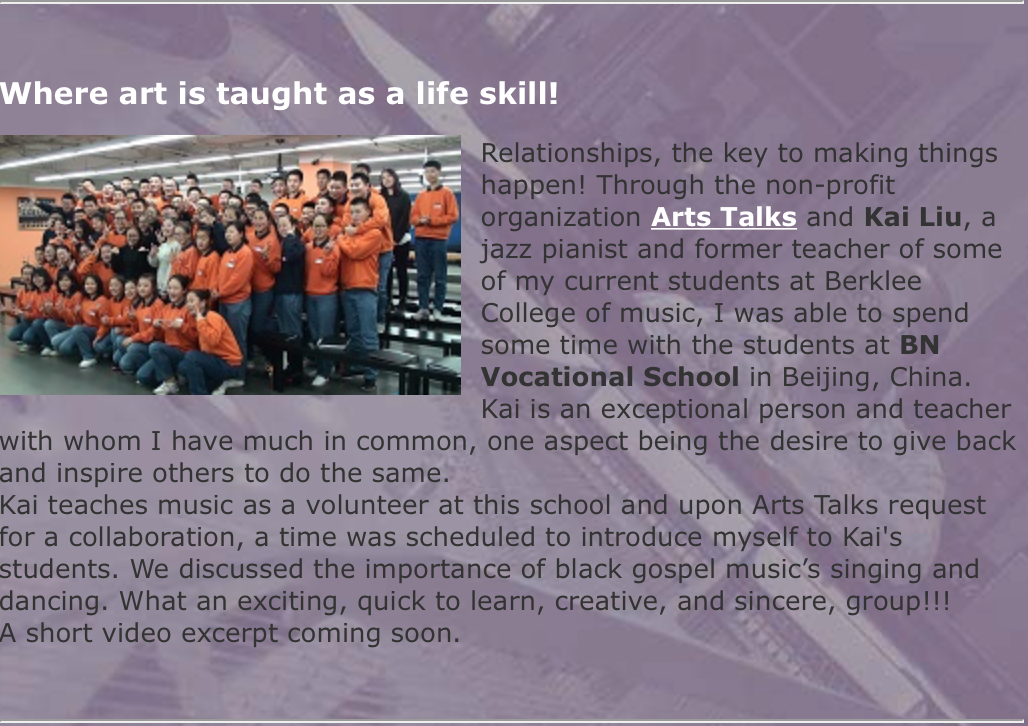
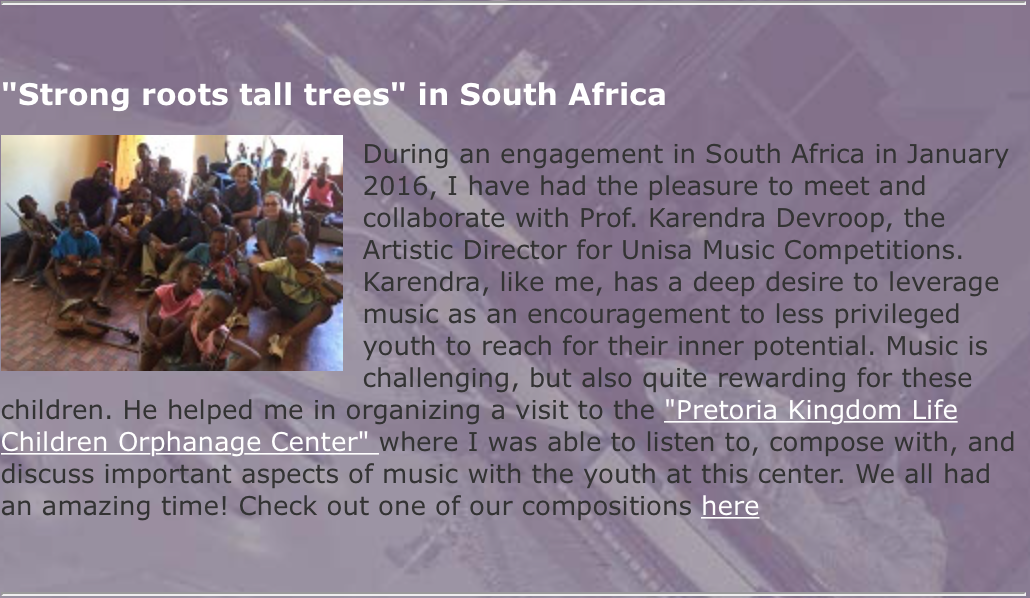
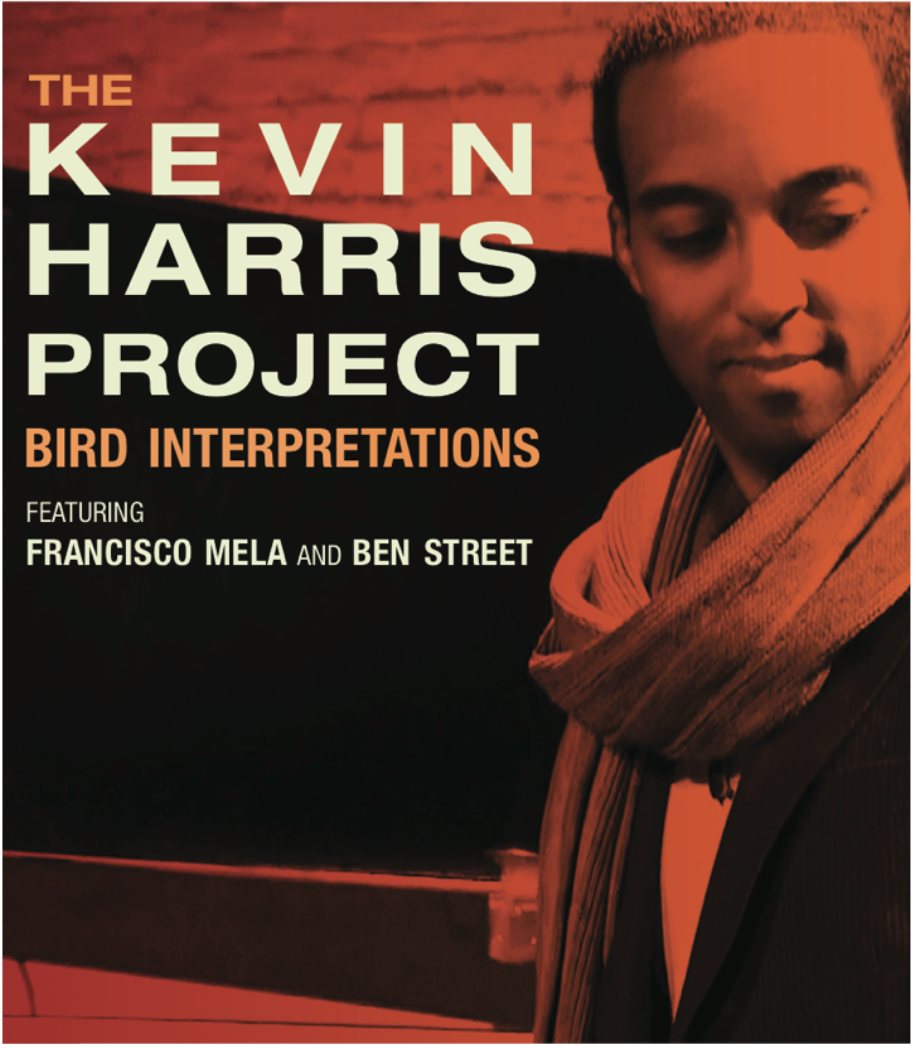
Getting in touch: BostonVoyager is built on recommendations from the community; it’s how we uncover hidden gems, so if you know someone who deserves recognition please let us know here.










